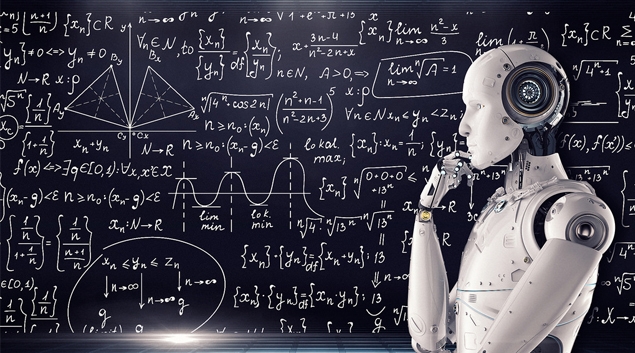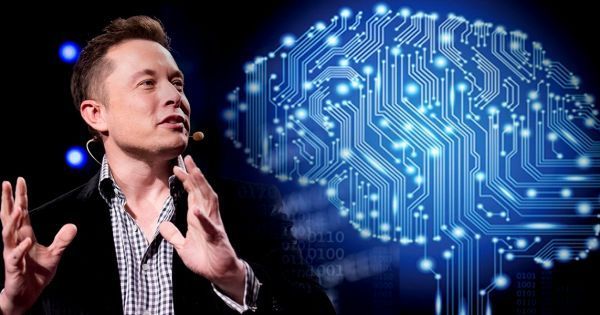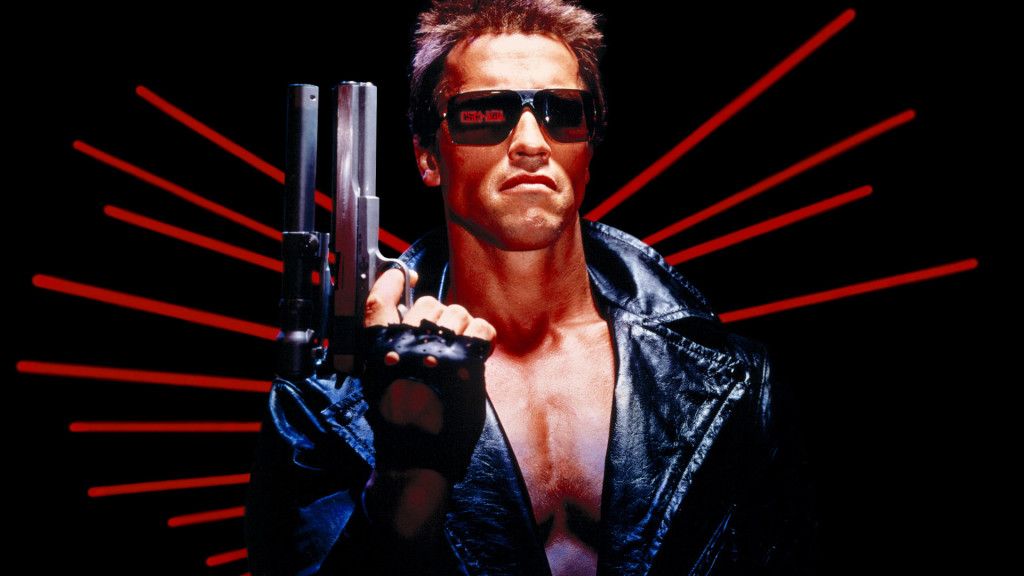Jun 24, 2019
Is artificial consciousness the solution to AI?
Posted by Peter Cawdron in categories: computing, driverless cars, Elon Musk, ethics, evolution, futurism, homo sapiens, human trajectories, information science, law enforcement, machine learning, science, Skynet, supercomputing
Artificial Intelligence (AI) is an emerging field of computer programming that is already changing the way we interact online and in real life, but the term ‘intelligence’ has been poorly defined. Rather than focusing on smarts, researchers should be looking at the implications and viability of artificial consciousness as that’s the real driver behind intelligent decisions.
Consciousness rather than intelligence should be the true measure of AI. At the moment, despite all our efforts, there’s none.
Significant advances have been made in the field of AI over the past decade, in particular with machine learning, but artificial intelligence itself remains elusive. Instead, what we have is artificial serfs—computers with the ability to trawl through billions of interactions and arrive at conclusions, exposing trends and providing recommendations, but they’re blind to any real intelligence. What’s needed is artificial awareness.
Elon Musk has called AI the “biggest existential threat” facing humanity and likened it to “summoning a demon,”[1] while Stephen Hawking thought it would be the “worst event” in the history of civilization and could “end with humans being replaced.”[2] Although this sounds alarmist, like something from a science fiction movie, both concerns are founded on a well-established scientific premise found in biology—the principle of competitive exclusion.[3]
Continue reading “Is artificial consciousness the solution to AI?” »













